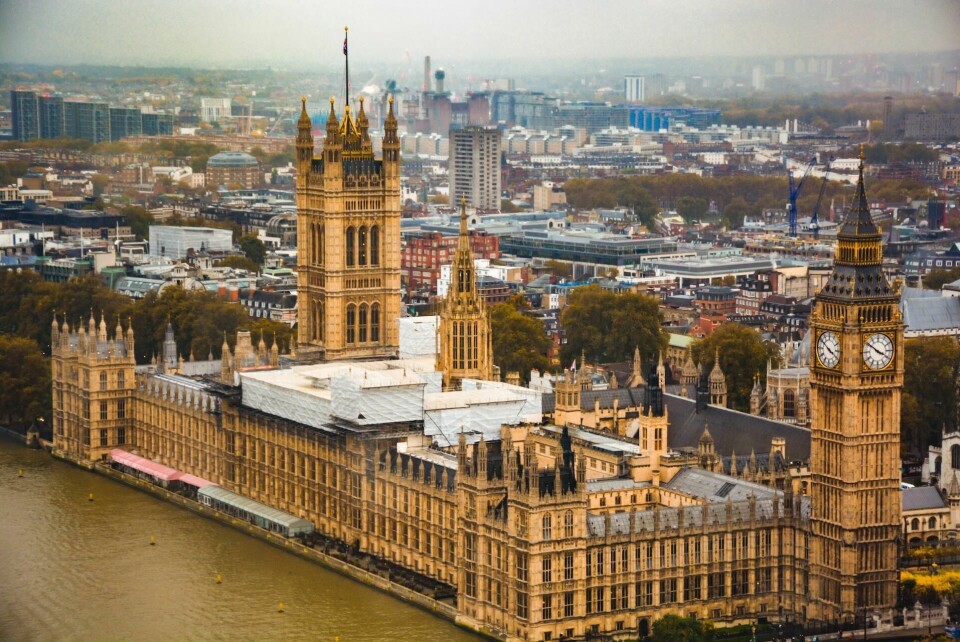Electrification project shocked by UK government policy reversal: ambition 2035?
In a controversial decision, PM Rishi Sunak has reversed on the UK’s 2030 petrol and diesel vehicle ban, thwarting billions in automotive production investments and sowing the seeds of distrust
The UK government has announced a disconcerting u-turn on the nation’s net zero 2030 climate targets, in a move that has upset years of planning and investment in automotive manufacturing across the country.
The announcement has led to wide condemnation from the automotive industry as it introduces serious uncertainty into the country-wide electrification project.
Following the government’s announcement to ban all petrol and diesel cars and vans in the UK by 2030, automotive manufacturing has been spilling billions in investments into everything from technological innovation to national infrastructure development. The u-turn could translate into a loosening of industry targets and investments as unpredictability takes hold of electrification strategies.
SMMT commentary on new industry uncertainty
Mike Hawes, SMMT Chief Executive, commented: “The automotive industry has and continues to invest billions in new electric vehicles as the decarbonisation of road transport is essential if net zero is to be delivered. Government has played a key part in bringing some of that investment to the UK, and Britain can – and should – be a leader in zero emission mobility both as a manufacturer and market.
“To make this a reality, however, consumers must want to make the switch, which requires from Government a clear, consistent message, attractive incentives and charging infrastructure that gives confidence rather than anxiety. Confusion and uncertainty will only hold them back.”
“Manufacturers had already committed to making the switch in line with the 2030 ban, but a delay adds uncertainty into the market, affecting manufacturers’ ability to further invest, plan, produce, sell and support in the UK with confidence.”
For automotive manufacturing, uncertainty and unpredictability are variables that need to be minimised with all efforts from OEMs to tier suppliers working towards this goal. With this latest announcement, the government has now pushed back ICE vehicle sales from 2030 to 2035 - a significant delay of half a decade - but growing industry feelings of unreliability in government policy surrounding electrification has rendered even this new date; undependable.
EY weights-in on government u-turn
Maria Bengtsson, EY’s UK Electric Vehicle Lead, said: “The delay to the 2030 ban on the sale of new Internal Combustion Engine (ICE) vehicles could cause significant disruption for the automotive sector including Original Equipment Manufacturers (OEMs), dealers, businesses and consumers, given the extensive preparations made across the industry for the original deadline.

“It may also risk a loss of momentum just as the industry was preparing for the next phase of the EV transition, moving out of the early adoption phase and into a pursuit of mass market uptake. The recent substantial growth in Electric Vehicle (EV) sales could also be jeopardised if the delay leads to fleet operators and consumers opting to defer plans to adopt EVs. Again, this would have significant implications for OEMs and retailers that have recently invested substantially in the development and sales of EVs.
“Manufacturers had already committed to making the switch in line with the 2030 ban, but a delay adds uncertainty into the market, affecting manufacturers’ ability to further invest, plan, produce, sell and support in the UK with confidence.
“Meanwhile, charge point operators have committed significant investment in a plan to meet the number of EVs on the road, which could likely be much fewer in the short term as a result of this delay. Consumers who were already unsure about the EV switch may also have more reason now to put it off. This may result in an imbalance in the market where the supply of EVs outstrips demand, causing further challenges throughout the automotive sector.
“Widespread EV adoption will be crucial to achieving the UK’s 2050 targets, and while it may appear sensible to align the UK’s ICE sales ban with the EU’s 2035 deadline, the two markets are not like-for-like. The UK does not offer the same demand-side incentives or infrastructure environment as many EU jurisdictions and despite recent substantive inward investment into the UK EV supply chain, consumer uptake may be slower, so the Government may need to clarify whether it intends to address this with future policy.
“In addition, the effect of any Zero Emissions Vehicle (ZEV) Mandate delay that may follow today’s announcement will be closely monitored by the auto sector. A potential delay could buy valuable time for OEMs to prepare for new regulations but this would likely mean frustration for key players who have already made significant investments and changes in anticipation of the original 2024 deadline.”


